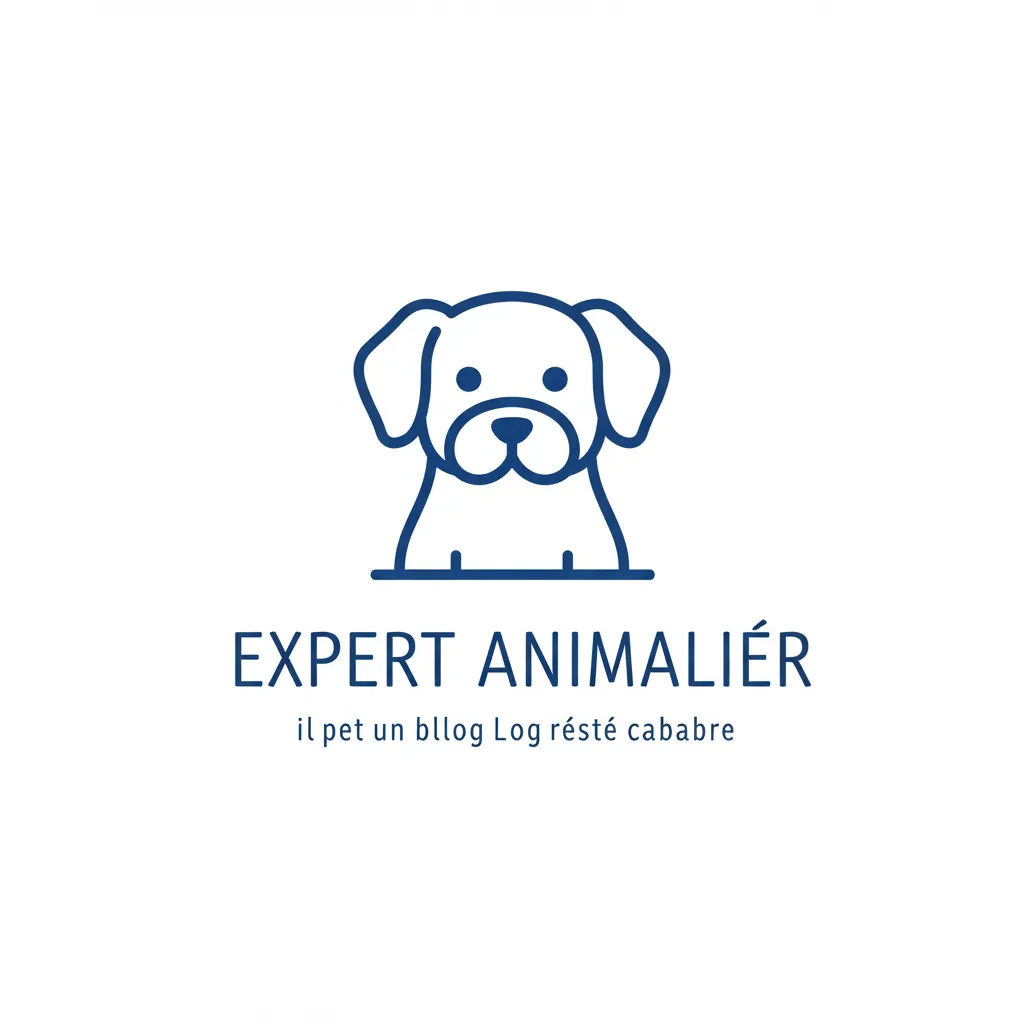Hunting dogs are dedicated companions and essential partners for hunters. Their health and well-being are paramount to ensure not only their performance in the field but also their quality of life. This article aims to explore the specific care needed for hunting dogs, covering aspects of nutrition, exercise, disease prevention, and veterinary care.
Importance of Hunting Dog Health
Hunting dogs are often subjected to demanding physical and environmental conditions. They must be in good health to excel in their tasks, whether it’s tracking, retrieving, or assisting in the hunt. Paying close attention to their health can also prevent long-term problems, thereby ensuring a long and active life.
Adapted Nutrition
Balanced Diet
Adequate nutrition is crucial for maintaining the energy and vitality of hunting dogs. Food should be rich in high-quality proteins, healthy fats, and complex carbohydrates. Here are some points to consider:
- Proteins: Hunting dogs need protein to build and repair muscle tissue. Sources such as chicken, beef, fish, and eggs are ideal.
- Fats: Fats are a concentrated energy source. Omega-3 and omega-6 fatty acids, found in certain fish oils and flaxseeds, also contribute to healthy skin and coat.
- Carbohydrates: Complex carbohydrates from vegetables and whole grains provide the necessary energy for long hunting days.
Avoiding Harmful Foods
Certain foods can be toxic to dogs. It’s important to avoid:
- Chocolate
- Grapes and raisins
- Onion and garlic
- Avocados
Physical Exercise
Daily Activities
Hunting dogs require a lot of exercise to stay in shape. Here are some examples of activities:
- Hiking: Regular walks in natural environments are essential for strengthening muscles and improving endurance.
- Retrieval games: Games like fetch or retrieving objects strengthen the dog’s natural instincts while providing excellent exercise.
- Obedience training: This not only improves the relationship with the dog but also reinforces its discipline in the field.
Physical Preparation for Hunting
Before hunting season, it’s advisable to gradually increase the intensity of exercise to prepare the dog. This includes longer runs and field work sessions.
Disease Prevention
Vaccinations and Deworming
Prevention is essential for maintaining the health of hunting dogs. Here are important steps:
- Vaccinations: Dogs should be vaccinated against common diseases such as parvovirus, rabies, and canine influenza virus. A consultation with a veterinarian will help determine the vaccination schedule.
- Deworming: A regular deworming program is crucial to prevent parasitic infestations that can affect the dog’s health and performance.
Parasite Protection
Hunting dogs are often exposed to parasites like ticks and fleas. The use of preventive treatments such as anti-tick collars or topical treatments is highly recommended.
Veterinary Care
Regular Check-ups
Veterinary visits should be done at least once a year for health check-ups. This includes:
- A complete physical examination.
- Blood tests to detect early problems.
- A check of dental health.
Injury Treatment
Hunting dogs are prone to injuries due to their activity. It’s essential to know how to treat minor injuries such as cuts and scrapes. Here are some tips:
- Clean the wound: Use lukewarm water and mild soap to clean the area.
- Disinfect: Apply an antiseptic to prevent infection.
- Monitor: Keep an eye on the wound’s progress and consult a veterinarian if it doesn’t heal.
Key Points and Best Practices
- Establish a balanced diet: Include high-quality proteins and healthy fats.
- Ensure regular physical exercise: Vary activities to keep the dog engaged.
- Prevent diseases: Keep vaccinations and parasite treatments up to date.
- Monitor health: Conduct regular vet check-ups to detect any potential issues.
Conclusion
Caring for the health of hunting dogs is an essential responsibility for any owner. By providing them with adequate nutrition, regular exercise, preventive care, and veterinary visits, you ensure not only their performance in the field but also their overall well-being. By integrating these best practices into your routine, you’ll contribute to the longevity and fulfillment of your four-legged companion.
By following this advice, you’ll be able to fully enjoy your hunting moments with your dog while ensuring its health and happiness.







